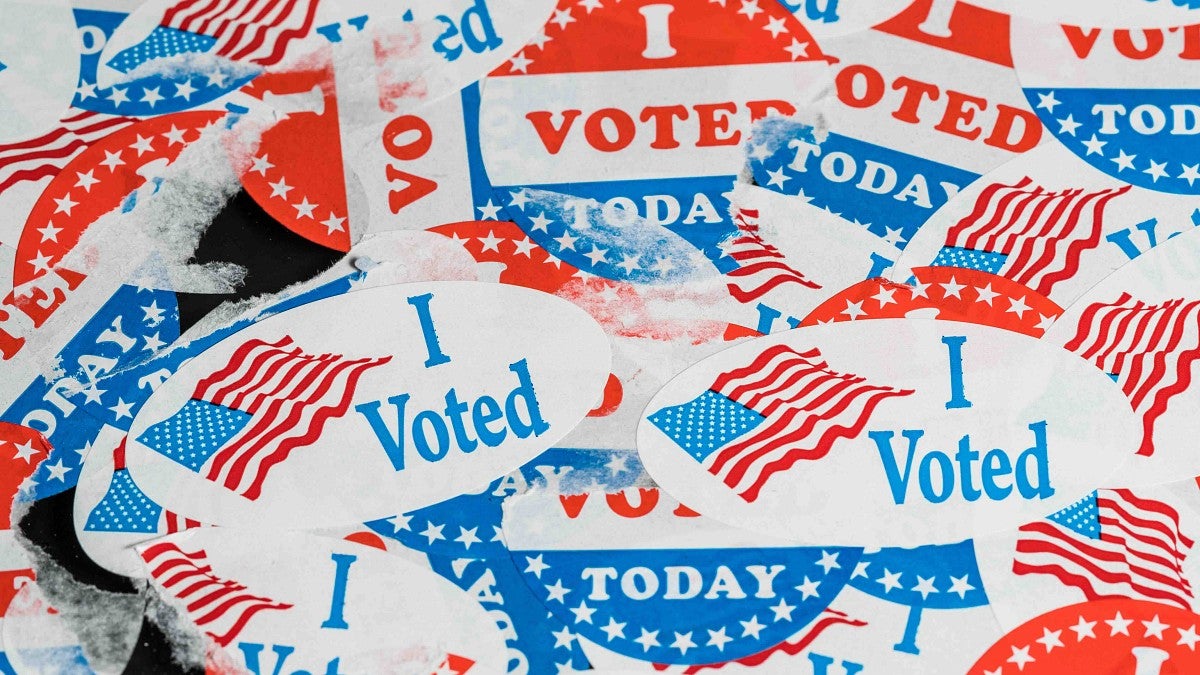
Wednesday, June 18 - 9:00am
Your next election ballot might have more than just people running for office. You could be voting on laws that can shape policies for years to come.
Voters are in a way acting as lawmakers, as some states see an increase in ballot measures, spanning from county or city-level ordinances to state constitutional amendments, according to research by Madison Schroder, a political science doctoral candidate at the University of Oregon College of Arts and Sciences. Her work delves into the accompanying rise in campaign finance dollars on who supports ballot measures.
The donors behind ballot measures
Schroder's interest in ballot measures and campaign finance began during a conversation with her advisor, assistant professor Neil O’Brian. What prompted the discussion was the 2020 controversial Measure 110, which decriminalized all controlled substances for personal use. She wasn’t sure which angle to take in researching the ballot measure, but she saw a trend as she began to follow the money.
“Looking into the campaign finance, it turned out that 86% of contributions to this campaign came from individuals out of state. Big organizations, wealthy individuals, including Mark Zuckerberg, donated all this money to a state ballot measure that would not really affect them in a lot of ways,” Schroder said. “I was really curious about that, so I did my master's thesis on Measure 110 and out-of-state spending to Oregon direct democracy measures.”
The ballot measure process is the way for a citizen to propose laws or amendments to the state Constitution. Citizens can also adopt or reject a bill approved by the Oregon Legislature.
Schroder is continuing to study ballot measures and direct democracy, focusing her dissertation on who donates to ballot measures and why, as well as how contributions impact a campaign. After surveying who contributes, interviews with organizers and contribution data, she’s found that many out-of-state campaign donors come from lower income areas and contribute amounts of less than $100 in their donation.
“But most interesting is that most of these contributions come from states without ballot measures themselves,” Schroder said.
Where ballot measures are more prominent
Ballot measures have become more frequent in “trifecta” states, Schroder said. These are states that have two chambers of the state Legislature and the governor’s office held by the same party. Following the 2024 elections, there are currently 38 trifecta states in the country; Oregon is one of the 13 Democratic trifectas.
Schroder explored this phenomenon for an upcoming paper that investigates which states see more ballot measures: those with Democratic Party or Republican Party majorities. Her September 2024 preliminary research on this subject was cited in two Bloomberg Opinion articles, on Oct. 14, 2024, and again on June 8, 2025.
A ballot measure that might align with the Democratic Party is more likely to pass in a Republican Party-dominated state, and vice versa. For more liberal states, a ballot measure that falls with the Republican platform to lower taxes might have voter approval. In conservative states, an example of Democratic platform policies is reproductive rights. In Missouri, whose government has a Republican majority, voters approved Amendment 3 in 2024, which allowed abortion up to 24 weeks. However, on May 27, 2025, the state Supreme Court blocked the constitutional amendment.
For voters, ballot measures are a way for voters to participate in direct democracy and be single-issue voters in a representative democracy system, Schroder said. And the rise of ballot measures indicates the voters are less politically polarized.
“A lot of people believe that voters on different sides think fundamentally differently on all ethical issues, but direct democracy shows us that we actually are on more of the same page than we think and that the elected body is not a homogeneous demonstration of human opinion,” Schroder said. “With the current political tension, I think this is a hopeful thing.”
—By Grace Connolly, College of Arts and Sciences
